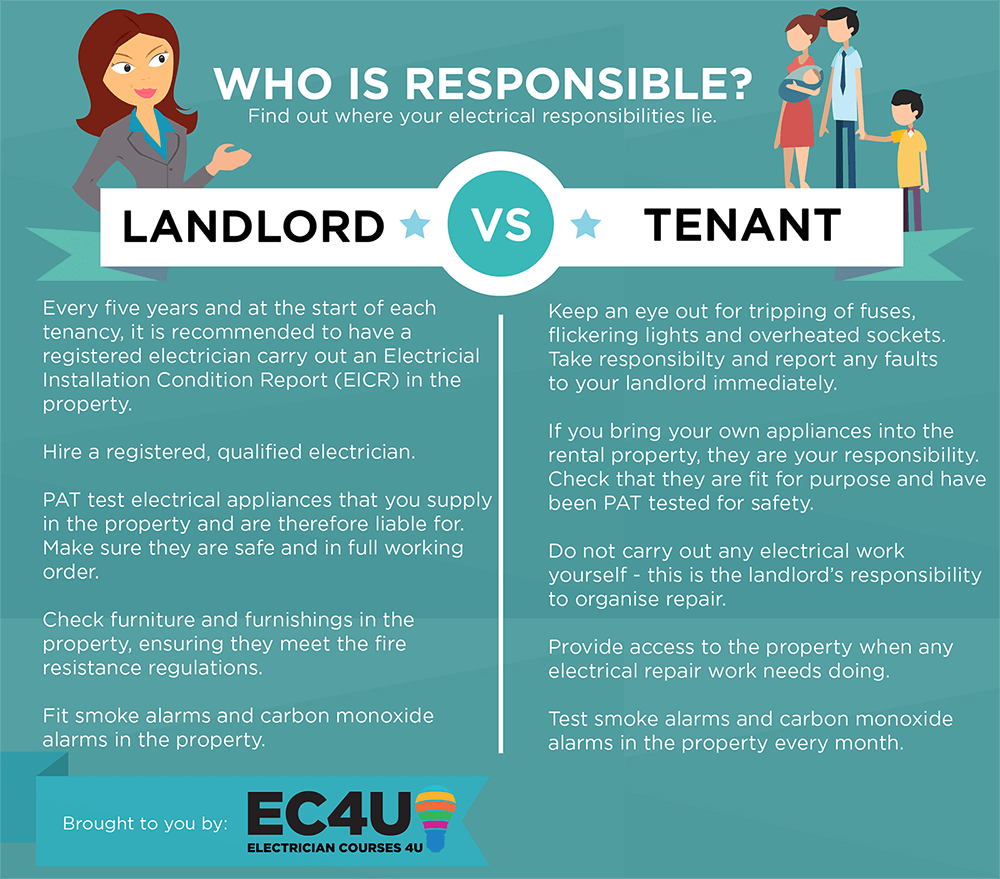Navigating Landlord-Tenant Dynamics: Practical Guidance for Success


Navigating Landlord-Tenant Dynamics: Practical Guidance for Success
Renting a property involves a complex relationship between landlords and tenants. This article provides practical guidance to both parties, offering insights into maintaining a positive and legally compliant landlord-tenant dynamic.
Understanding Lease Agreements: The Foundation of the Relationship
The lease agreement sets the groundwork for the landlord-tenant relationship. Both parties must thoroughly understand and agree upon the terms outlined in the lease. This includes rent amounts, lease duration, maintenance responsibilities, and any specific rules or regulations. A clear and comprehensive lease agreement is essential for avoiding misunderstandings later on.
Clear Communication: Fostering a Positive Relationship
Effective communication is key to a harmonious landlord-tenant dynamic. Landlords should provide clear information regarding property rules, payment schedules, and any upcoming maintenance. Likewise, tenants should communicate promptly about any issues or concerns related to the property. Establishing an open line of communication helps prevent conflicts and ensures a smoother living arrangement.
Prompt Handling of Maintenance Issues: Responsibilities and Expectations
Maintenance concerns are inevitable in rental properties. Landlords should promptly address repair requests and fulfill their responsibilities outlined in the lease agreement. Tenants, on the other hand, should report issues promptly and adhere to proper maintenance practices. A proactive approach to maintenance contributes to a well-maintained property and a positive landlord-tenant relationship.
Respecting Privacy Rights: Balancing Needs
Respecting privacy is crucial for both landlords and tenants. Landlords must provide proper notice before entering a rented property, except in emergencies. Tenants have a right to enjoy their living space without unwarranted intrusions. Establishing clear guidelines for property access helps strike a balance between the landlord’s responsibilities and the tenant’s right to privacy.
Handling Rent and Finances: Clarity and Consistency
Rent payments and financial transactions require clarity and consistency. Landlords should clearly communicate rent amounts, due dates, and acceptable payment methods. Tenants should adhere to these terms to maintain a positive financial relationship. Establishing a transparent financial arrangement helps prevent disputes and ensures a steady flow of income for landlords.
Legal Compliance: Understanding Rights and Responsibilities
Both landlords and tenants must be aware of their legal rights and responsibilities. Landlords should adhere to local housing laws, provide habitable living conditions, and follow proper eviction procedures if necessary. Tenants, in turn, should fulfill lease obligations, report maintenance issues promptly, and respect property rules. Legal compliance is essential for a stable and lawful landlord-tenant relationship.
Addressing Disputes Amicably: Mediation and Communication
Disputes may arise despite efforts to maintain a positive relationship. In such cases, both parties should prioritize amicable resolution. Mediation can be a valuable tool for addressing conflicts without resorting to legal action. Open and honest communication is essential in finding mutually acceptable solutions and preserving the overall landlord-tenant dynamic.
Understanding Eviction Procedures: Legal and Ethical Considerations
In unfortunate situations where eviction becomes necessary, both landlords and tenants should understand the legal and ethical considerations involved. Landlords must follow proper eviction procedures outlined by local laws, providing adequate notice and allowing tenants due process. Tenants, on the other hand, should be aware of their rights and seek legal advice if facing eviction.
Renewal and Termination: Planning for the Future
As lease agreements approach expiration, both landlords and tenants should discuss renewal or termination options. Landlords may want to assess the property’s condition and market rates, while tenants should communicate their intentions well in advance. Planning for the future helps avoid misunderstandings and facilitates a smooth transition for both parties.
Continuous Education: Staying Informed About Regulations
In the ever-changing landscape of landlord-tenant regulations, continuous education is crucial. Both landlords and tenants should stay informed about any updates or changes in local housing laws. This proactive approach ensures that both parties can adapt to legal requirements, fostering a more compliant and stable landlord-tenant dynamic.
Conclusion: Building a Positive Landlord-Tenant Relationship
In conclusion, navigating landlord-tenant dynamics successfully requires collaboration, communication, and adherence to legal obligations. Whether it’s understanding lease agreements, handling maintenance issues promptly, or addressing disputes amicably, both parties play integral roles in building a positive relationship. For more insights on Landlord-Tenant Guidance, visit greatblogabout.org.







